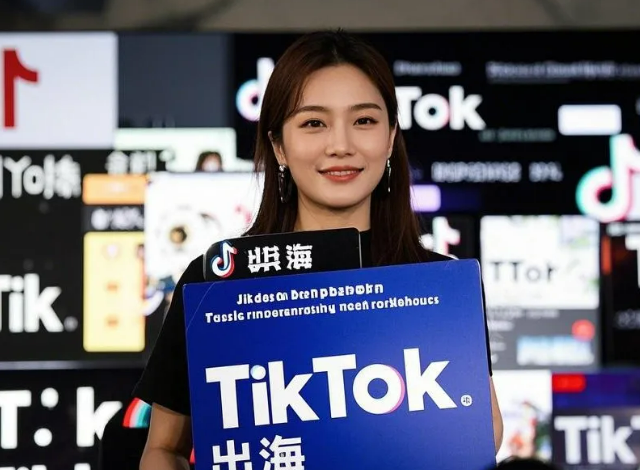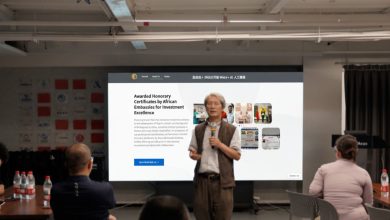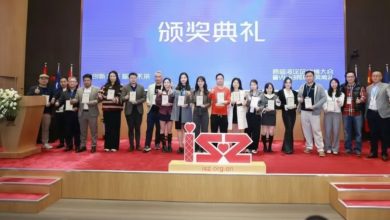
Trump Proposes “Tariff for TikTok” Deal: Power Play or Political Theater?
On March 26, 2025, U.S. President Donald Trump stunned the world at a White House press conference by stating, “Maybe I’ll lower tariffs to get China to sell TikTok.” The remark quickly ignited global debate, especially as it came just weeks after the U.S. imposed a 20% tariff hike on Chinese goods—prompting swift retaliatory measures from Beijing.
TikTok’s battle for survival in the U.S. has played out like a political thriller. In April 2024, Congress passed a law demanding that ByteDance divest its TikTok U.S. operations by January 19, 2025, citing “national security” concerns. The platform, with over 170 million monthly users in the U.S., had grown into a cultural phenomenon. Just before the divestment deadline—and the eve of Trump’s inauguration—he extended the deadline to April 5 via executive order.
Now, with the clock ticking, Trump is playing the “tariff card,” suggesting he may ease pressure on Chinese exports in exchange for TikTok’s sale. But critics argue this is a classic example of America’s “maximum pressure” strategy: apply economic coercion, then offer superficial concessions to force compliance. Beneath it all lies a calculated plan.
TikTok is valued at over $50 billion. Meanwhile, the 20% tariff covers $427 billion worth of Chinese imports, generating around $85 billion annually. Trading a “bit of tariff” for control over a cultural and commercial goldmine like TikTok would be a win-win for Trump—economically and politically. He could appeal to his young voter base and reinforce his tough-on-China image. But will China play along?
Beijing’s response is firm: “Negotiation is fine, blackmail is not.” Chinese officials reject the politicization of economic issues, emphasizing the defense of “technological sovereignty.” TikTok’s algorithm is its core asset; selling it would be like selling the company’s soul.
This saga also highlights broader tensions in cross-border e-commerce and global tech competition. From Huawei to DJI, Chinese tech giants face U.S. scrutiny. TikTok’s popularity proves Chinese platforms can shape global digital culture. As platforms like SHEIN and Temu rise, the battle over data, influence, and market share will only intensify.
With the April 5 deadline looming, and potential buyers like Oracle and MrBeast in talks, the outcome remains uncertain. But one thing is clear: in the race for digital dominance, TikTok is more than just an app—it’s a frontline in the battle for the future of global tech.

TKAIO Cloud Phone: Your Smart, Always-On Virtual Android Device
TKAIO Cloud Phone is a professional cloud-based Android phone platform designed for e-commerce sellers, content creators, game studios, and automation users. No physical phone is needed — simply log in via web or app to remotely control virtual Android devices running in the cloud.
Key Features:
- Cloud-Based, Always Online: Runs 24/7 on stable cloud servers — no worries about power cuts or internet drops.
- Multi-Device & Multi-Tasking: Easily manage multiple cloud phones at the same time.
- Script Automation: Perfect for auto tasks like account farming, app testing, social media growth, or game farming.
- High Performance: Smooth performance with powerful CPU and memory configuration.
- Secure and Isolated: Each cloud phone operates in an independent, secure environment — your data and accounts stay safe.
Whether you’re growing social media accounts, managing e-commerce platforms, automating games, or running marketing campaigns, TKAIO Cloud Phone is your go-to tool for efficiency, scalability, and control.





